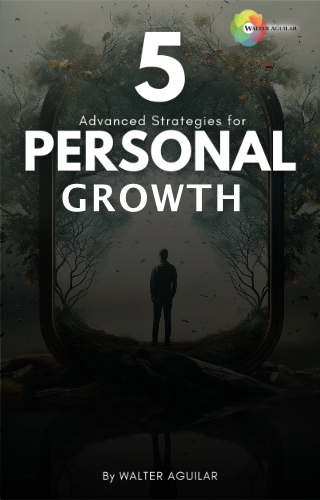Communication Strategies for Life’s Big Changes
Major life changes—such as dealing with health issues, experiencing grief, or undergoing career transitions—can profoundly impact your ability to communicate effectively. During these times, emotions run high, stress levels escalate, and clear communication often becomes challenging. However, developing effective listening skills and learning to articulate your needs and boundaries can significantly improve your interactions and relationships during these periods of transition.
“The most important thing in communication is hearing what isn’t said.” — Peter Drucker
Understanding Different Types of Listening
1. Subjective Listening:
- Definition: This type of listening involves hearing and interpreting messages through the lens of your own experiences, emotions, and biases.
- Application: While subjective listening can help you relate to others, it’s essential to remain aware of your biases and ensure they don’t cloud the true message being conveyed. For instance, if a friend is sharing their grief, avoid comparing it to your own experiences immediately; instead, focus on their unique situation.
2. Objective Listening:
- Definition: Objective listening requires setting aside personal biases and emotions to understand the speaker’s message clearly and impartially.
- Application: Practice active listening techniques, such as paraphrasing what the other person says and asking clarifying questions. This approach helps in understanding their perspective without the interference of your subjective experiences or emotions.
3. Intuitive Listening:
- Definition: Intuitive listening involves tuning into the speaker’s emotions, body language, and unspoken cues to grasp the underlying message.
- Application: Pay attention to non-verbal signals and trust your instincts about what the speaker might be feeling. This type of listening is particularly valuable when words are insufficient to express complex emotions, such as during times of grief.
“Effective communication is 20% what you know and 80% how you feel about what you know.”
— Jim Rohn
Asking for What You Need
During significant life changes, it’s crucial to communicate your needs clearly. This practice not only helps you receive the support you require but also strengthens your relationships by fostering mutual understanding and respect.
- Be Clear and Specific: Clearly articulate what you need from others. Whether it’s asking for time alone, requesting help with specific tasks, or seeking emotional support, being precise reduces misunderstandings.
- Use “I” Statements: Frame your requests using “I” statements to express your needs without sounding accusatory or demanding. For example, “I feel overwhelmed and could use some help with the housework” is more effective than “You never help around the house.”
“Daring to set boundaries is about having the courage to love ourselves, even when we risk
disappointing others.” — Brené Brown
Expressing Personal Boundaries
Setting and expressing personal boundaries is essential for maintaining your well-being during life transitions. Boundaries help you manage your energy, protect your emotional health, and ensure respectful interactions.
- Identify Your Boundaries: Reflect on what makes you comfortable and what doesn’t. This self- awareness is the first step in setting healthy boundaries.
- Communicate Assertively: Clearly and respectfully communicate your boundaries to others. Use assertive, not aggressive, language. For instance, “I need some quiet time in the evenings to unwind” is a respectful way to set a boundary.
- Be Consistent: Consistency reinforces your boundaries. If someone crosses a boundary, remind them firmly and calmly of your limits.
Navigating major life changes can be overwhelming, but improving your communication skills can make the journey smoother. By understanding and practicing subjective, objective, and intuitive listening, you can become a more effective listener. Additionally, learning to ask for what you need and expressing your boundaries can help you maintain your well-being and foster healthier relationships during these challenging times. Remember, effective communication is a powerful tool that can aid in your personal growth and resilience as you navigate life’s transitions.






